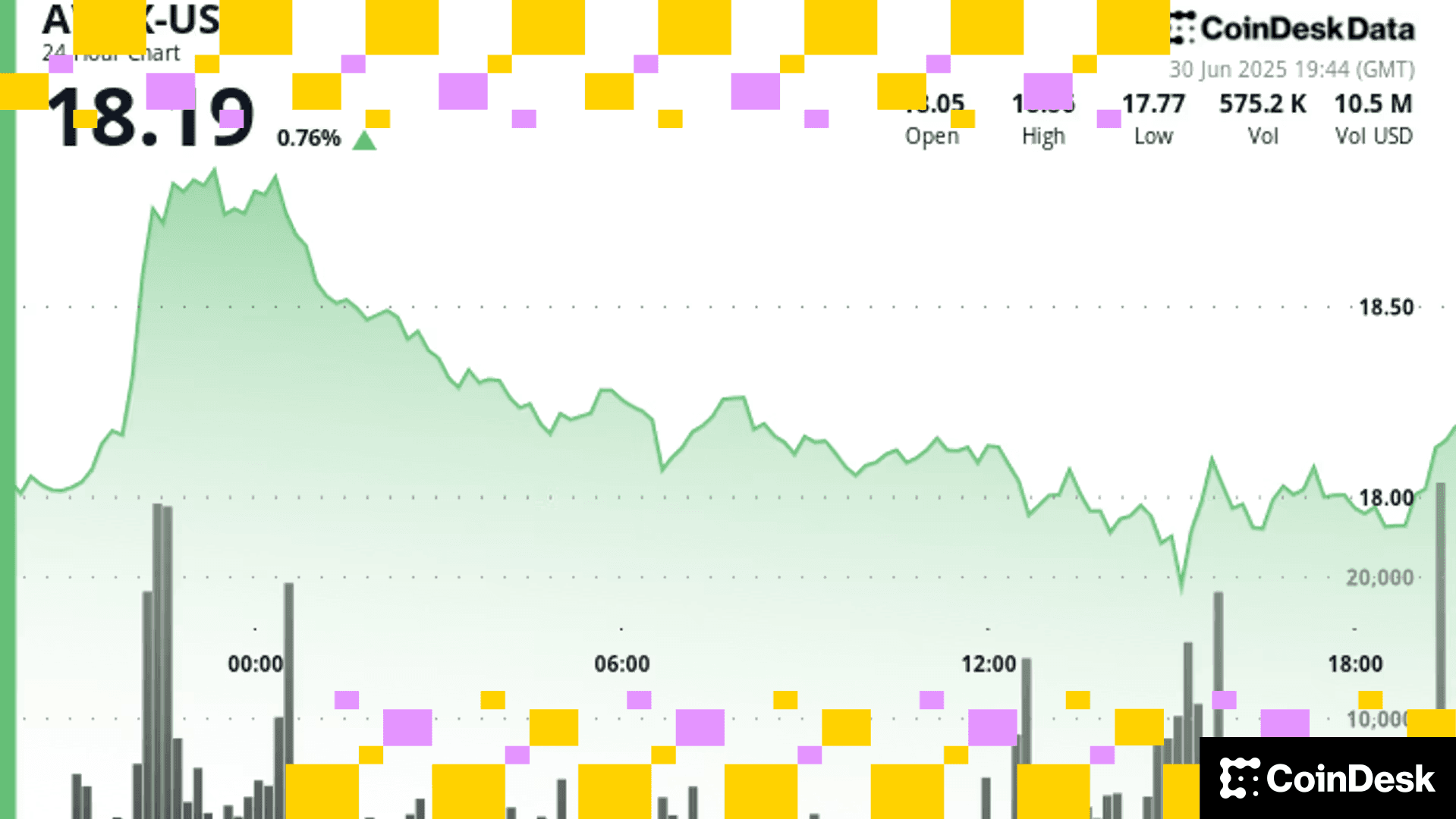Stablecoin Default Guarantees Pose Risks to the Issuing Banks, Swiss Regulator Says
FINMA's guidance explains how banks can limit the risks associated with guaranteeing stablecoin customers' deposits.

- Switzerlands' financial markets supervisor proposed new requirements to help mitigate the risks arising from banks providing a default guarantee to stablecoin holders.
- In the event of irregularities at the stablecoin issuer, the bank providing the default guarantee may suffer reputational damage, the regulator said.
Stablecoin issuers operating in Switzerland create a risk for the banks they work with, the country's financial markets regulator, FINMA, wrote in guidance published on Friday.
That's because the issuers, who take deposits from the public and might otherwise be treated as banks themselves, can obviate the need for a banking license by reaching an agreement with a registered lender to repay their customers in case of default.
"This creates risks for the stablecoin holders and the bank providing the default guarantee," FINMA said in the guidance note. "In the event of irregularities at the stablecoin issuer, the bank providing the default guarantee may suffer reputational damage due to its contractual relationship with the issuer and may also be exposed to legal risks."
Concern over the backing carried by issuers of stablecoins, which are crypto tokens whose value is tied to another asset such as the U.S. dollar or gold, has proliferated for years. As far back as 2021, Tether, whose USDT is by far the largest stablecoin by market cap, published its first account of reserves to deal with queries about its funding. Circle, whose USDC is the No. 2, followed suit in 2022.
FINMA's guidance, which builds on an initial note from 2019, sets out a number of requirements to ensure adequate protection. Customers must have their own claim against the guarantee-providing bank, and the guarantee must cover the full amount of deposits and interest. In addition, the bank must ensure that the deposits it receives don't surpass the cover provided by the guarantee.
The regulator plans to ensure that the risks associated with default guarantees are addressed in future discussions.
More For You
Exchange Review - March 2025

CoinDesk Data's monthly Exchange Review captures the key developments within the cryptocurrency exchange market. The report includes analyses that relate to exchange volumes, crypto derivatives trading, market segmentation by fees, fiat trading, and more.
What to know:
Trading activity softened in March as market uncertainty grew amid escalating tariff tensions between the U.S. and global trading partners. Centralized exchanges recorded their lowest combined trading volume since October, declining 6.24% to $6.79tn. This marked the third consecutive monthly decline across both market segments, with spot trading volume falling 14.1% to $1.98tn and derivatives trading slipping 2.56% to $4.81tn.
- Trading Volumes Decline for Third Consecutive Month: Combined spot and derivatives trading volume on centralized exchanges fell by 6.24% to $6.79tn in March 2025, reaching the lowest level since October. Both spot and derivatives markets recorded their third consecutive monthly decline, falling 14.1% and 2.56% to $1.98tn and $4.81tn respectively.
- Institutional Crypto Trading Volume on CME Falls 23.5%: In March, total derivatives trading volume on the CME exchange fell by 23.5% to $175bn, the lowest monthly volume since October 2024. CME's market share among derivatives exchanges dropped from 4.63% to 3.64%, suggesting declining institutional interest amid current macroeconomic conditions.
- Bybit Spot Market Share Slides in March: Spot trading volume on Bybit fell by 52.1% to $81.1bn in March, coinciding with decreased trading activity following the hack of the exchange's cold wallets in February. Bybit's spot market share dropped from 7.35% to 4.10%, its lowest since July 2023.
More For You












